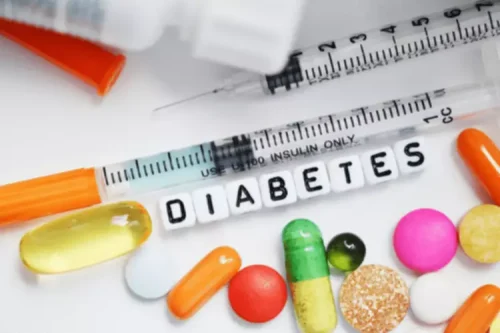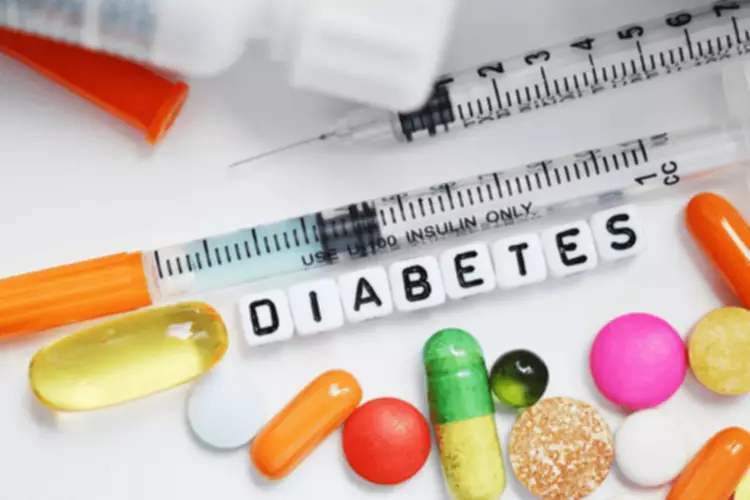
Menu

It should not be used in place of the advice of your physician or other qualified healthcare providers. Data from theDepartment of Veterans Affairsindicates that as many as 63 percent of veterans diagnosed with alcohol use or other substance use disorder also meet the diagnostic criteria for PTSD. While PTSD does ptsd and alcohol abuse not result solely from trauma experienced with military duty, PTSD and alcohol abuse in veterans are occurring at higher rates than in the general population.

Through many decades, despite numerous definition changes for each, AUD and PTSD consistently co-occur. This durable comorbidity has been found in large, small, representative, and targeted samples. U.S. surveys, such as the St. Louis sample of the ECA,8 the NCS,16 and the NESARC,23 have consistently found relationships between alcohol problems and PTSD. Recent evidence has also suggested a role in the underlying neurobiology of both PTSD and AUD for glutamate and GABA, which are the most prevalent neurotransmitters in the brain.
To our knowledge, no study has examined strategies that aim to prevent the development of comorbid PTSD and AUD in military and veteran populations. However, some research has examined the prevention of PTSD or AUD separately in this population, which could inform the prevention of comorbid PTSD and AUD. Additional interventions that integrate cognitive behavioral and other therapeutic approaches include emotion-focused therapy79 and brief eclectic psychotherapy.80 The empirical literature on these approaches is limited, but the research demonstrates promising findings. A 2023 study suggests post-traumatic disorders are among the most common co-occurring diagnoses in people with substance use disorder (SUD).
Sample timeline queries include the ages of onset of anxiety symptoms and of alcohol use, the longest period of abstinence, the presence or lack of anxiety symptoms during phases of alcohol drinking and extended phases of abstinence, and the family history of anxiety disorders and of AUD. There is some promising evidence for the use of the SRI, sertraline to treat PTSD in comorbidity such that this medication was effective in treating PTSD in one (Hien et al. 2015) study and was found to outperform placebo at the trend level in another (Brady et al. 2005). However, neither of these studies found an advantage for sertraline over placebo for alcohol use outcomes.
This was a proof of concept study evaluating the neurokinin-1 receptor antagonist aprepitant. Neurokinin-1 receptors are found in the amygdala and https://ecosoberhouse.com/sober-house-boston/ hippocampus and are thought to be involved in stress-response circuitry; antagonism of neurokinin-1 receptors blocks stress responses in laboratory animals (Schank et al. 2011). In this double-blind, placebo controlled study the main outcomes were PTSD symptoms, response to stress reactivity, and alcohol craving in the laboratory.
